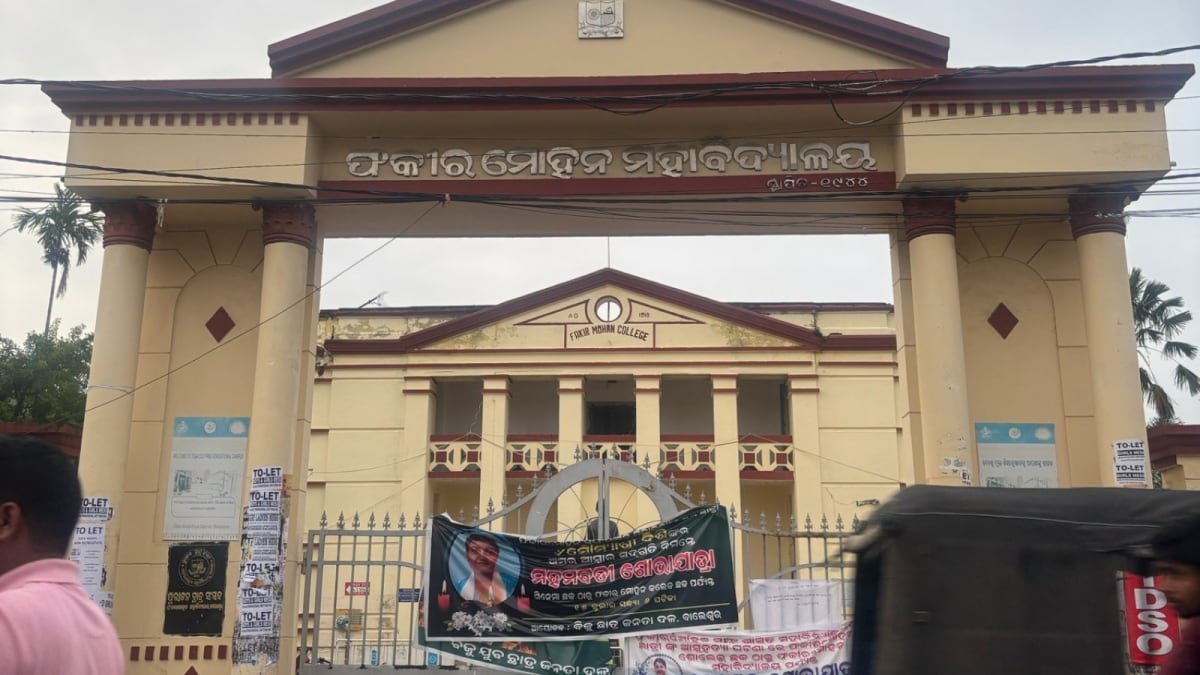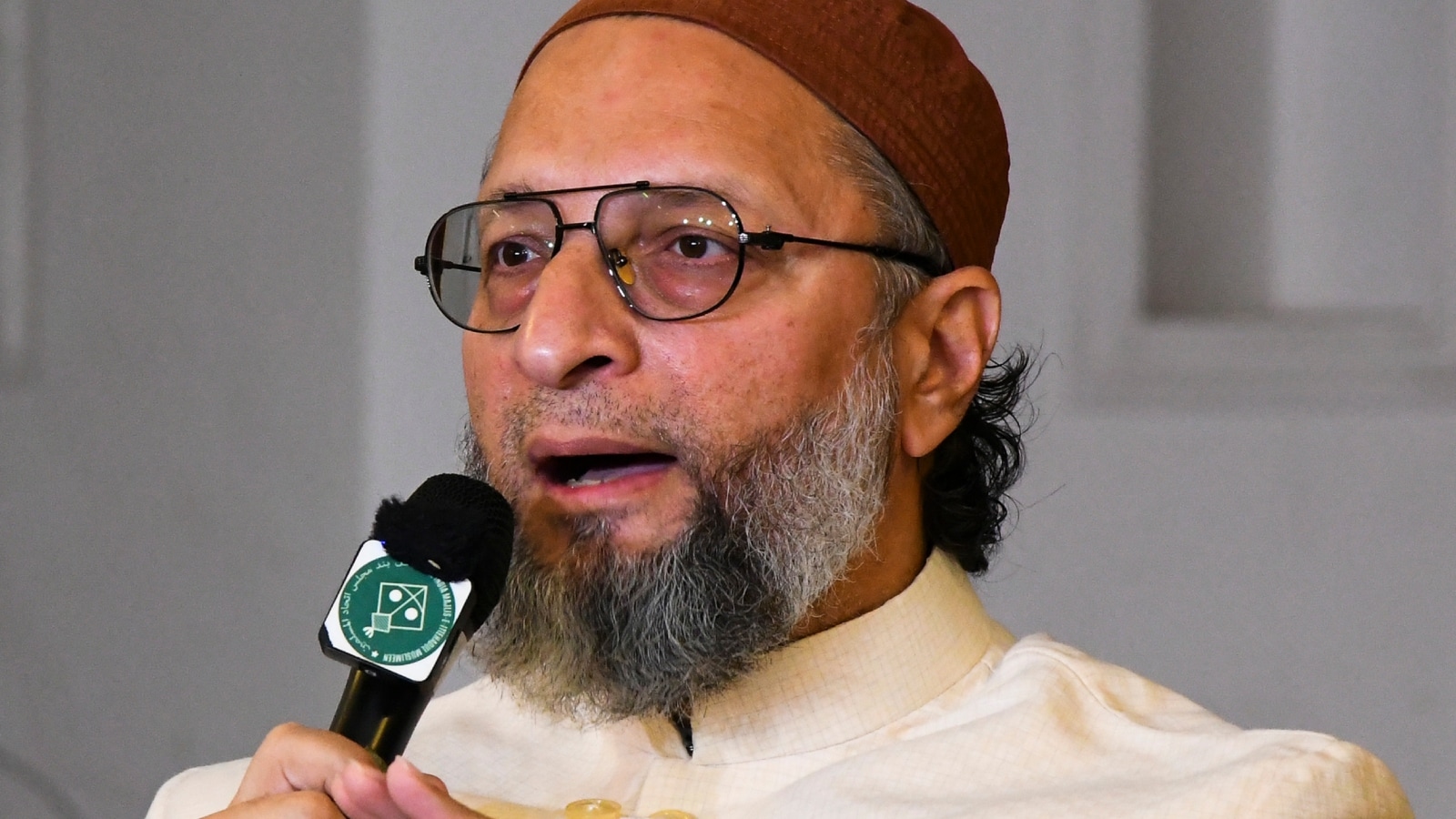ARTICLE AD BOX
Last Updated:July 16, 2025, 19:50 IST
The SC found grave lapses in the investigation, particularly in the handling of DNA evidence, the conduct of post-mortem examinations, and test identification parade

The SC judgment arose out of an appeal challenging the March 13, 2019 decision of the Madras High Court. (PTI File)
The Supreme Court on Tuesday granted a “clean acquittal" to a man who had been sentenced to death for the alleged murder and rape of a young couple in Tamil Nadu’s Theni district in 2011. The Court found grave lapses in the investigation, particularly in the handling of DNA evidence, the conduct of post-mortem examinations, and the test identification parade, which had led to the conviction based entirely on circumstantial evidence.
Allowing the appeal filed by the appellant, Kattavellai alias Devakar, a three-judge bench comprising Justices Vikram Nath, Sanjay Karol, and Sandeep Mehta held that the prosecution had failed to establish a chain of circumstantial evidence pointing solely to the guilt of the accused, ruling out his innocence or the involvement of any other person.
“The chain of circumstances fails to form a singular hypothesis pointing to the accused," the Court said, directing his immediate release.
The bench also issued far-reaching directions pertaining to the handling, preservation, and documentation of DNA evidence across jurisdictions in the country, while urging the legislature to consider framing statutory guidelines for awarding compensation in cases of wrongful prosecution.
The judgment arose out of an appeal challenging the March 13, 2019 decision of the Madras High Court, which had upheld the conviction and death sentence imposed by the Principal District and Sessions Judge, Theni, under Sections 302, 376, and 397 of the Indian Penal Code.
As per the prosecution’s case, the appellant allegedly murdered Ezhil Muthalvan and his girlfriend at Suruli Falls on May 14, 2011, with the motive of committing robbery. The prosecution relied on circumstantial evidence, including last seen theory, arrest, confession, recovery, and alleged motive.
However, the apex court expressed serious concern over the investigative lapses, observing, “A common thread that runs through the proceedings culminating in the conviction is that of a faulty investigation."
It noted with dismay that the post-mortem was conducted at the crime scene itself, without due regard to the risk of contamination or the impact of conducting such an examination in the open. Despite this, the courts below did not find the procedure objectionable.
On the DNA evidence, the Court noted that it had been rendered unusable due to a combination of factors, including inordinate delay, broken chain of custody, and the high likelihood of contamination. The bench expressed concern over the absence of a standard protocol for the collection, preservation, and presentation of DNA evidence, which could compromise the integrity of trials across the country.
To address this systemic lacunae, the Court issued detailed directions. It mandated that upon collection of DNA samples, all procedures must be strictly followed, including proper packaging with labels specifying FIR number, statute involved, name of Investigating Officer, and relevant serial numbers. The documentation must be signed by the medical officer, the investigating officer, and, where possible, independent witnesses. Where independent witnesses are unavailable, reasons for their absence must be recorded.
The investigating officer shall also be responsible for ensuring safe and timely transportation of DNA samples to the forensic laboratory within 48 hours of collection. Any delay beyond this time frame must be explained in the case diary, and samples must be preserved as per protocol corresponding to their nature.
The Court also directed that DNA packages shall not be opened or resealed without prior approval of the Trial Court, which must act upon the advice of a qualified medical expert, confirming that the integrity of the evidence would remain unaffected.
Further, a Chain of Custody Register is to be maintained from the time of collection until the conclusion of trial or appeal, documenting each movement of the evidence with reasons and counter-signatures. This register is to be appended to the Trial Court record.
Directing institutional reform, the bench asked the Directors General of Police in all States to design standardised forms for documentation and ensure their dissemination across districts. It also called upon all State Police Academies to explore the need for dedicated training modules to equip investigating officers with requisite procedural knowledge.
The Supreme Court Registry has been directed to circulate this judgment to all High Courts and State Police Chiefs for compliance and necessary follow-up.

Sanya Talwar, Editor at Lawbeat, has been heading the organisation since its inception. After practising in courts for over four years, she discovered her affinity for legal journalism. She has worked previousl...Read More
Sanya Talwar, Editor at Lawbeat, has been heading the organisation since its inception. After practising in courts for over four years, she discovered her affinity for legal journalism. She has worked previousl...
Read More
- Location :
- First Published:
News india SC Acquits Death Row Convict, Issues Comprehensive Directions On Handling DNA Evidence
Disclaimer: Comments reflect users’ views, not News18’s. Please keep discussions respectful and constructive. Abusive, defamatory, or illegal comments will be removed. News18 may disable any comment at its discretion. By posting, you agree to our Terms of Use and Privacy Policy.



.png)
.png)
.png)
















 12 hours ago
3
12 hours ago
3









 English (US) ·
English (US) ·